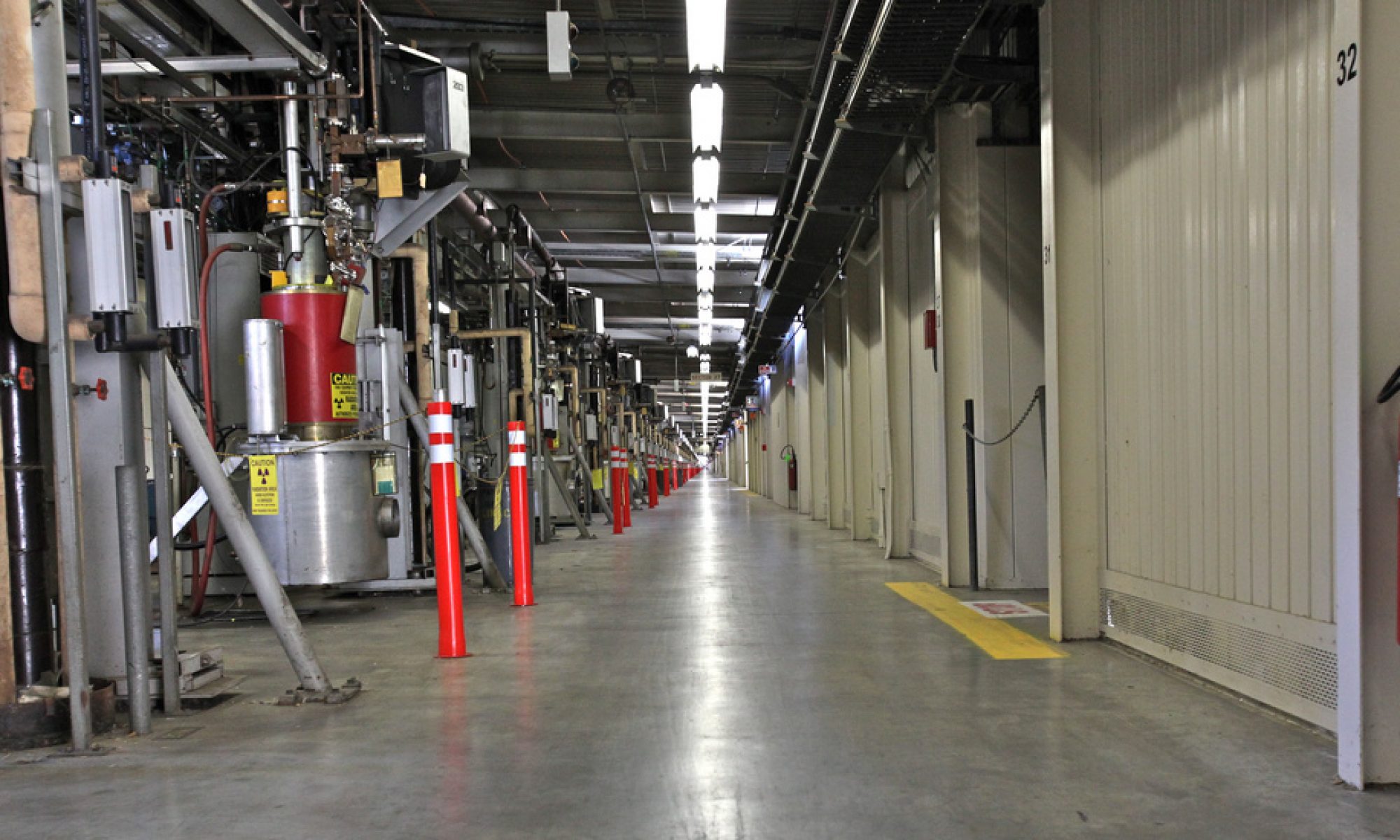I posted a version of this earlier on Facebook:
Today, the OPERA experiment and CERN announced that they found a cabling problem to their GPS system that may explain the “faster than light” neutrino result. [1] I say “may” – more tests are required to see if this is true.
Now for the snarky part . . .
OK, students of physics – here we might have a VERY important life lesson. CHECK YOUR CABLES. And next time Profs. Randy Scalise or Tom Coan criticizes your handiwork with the lab equipment in PHY4211, remember this: they’re trying to save the field.
Now for the less snarky part . . .
All joking aside, I imagine this was a very difficult problem to track down. We’ve all made mistakes in the lab. What matters is finding them and admitting them, so that progress in the field is not forced down a blind alley. As a scientist, I am proud that OPERA was able to track this down, test the hypothesis, and identify a measured correction to the neutrino time-of-flight. It would have been FAR worse to stand stubbornly behind a potentially wrong result.
I suspect that this will be widely reported as a “failure” of science. Quite the opposite. Science is NOT a collection of results. It’s especially not a collection of sexy results that you would LIKE to be true. Results are only as good as the process that led to them. If the process is flawed, the results are unreliable. Finding a potential flaw in the process is the natural progression of the scientific method. Science worked outstandingly here, and before too many people on other experiments wasted too much time chasing down this measurement.
That said, OPERA still needs new data with the fix in place. Only then will this cable issue be thoroughly tested. It will still be interesting for at least one more experiment to try this measurement independent of OPERA.
Rather than demonizing OPERA, let’s celebrate the scientific method – the only way of knowlng ever invented by our species that allows for measurable and meaningful progress by our species. Today, it worked again.
[1] http://press.web.cern.ch/press/PressReleases/Releases2011/PR19.11E.html

